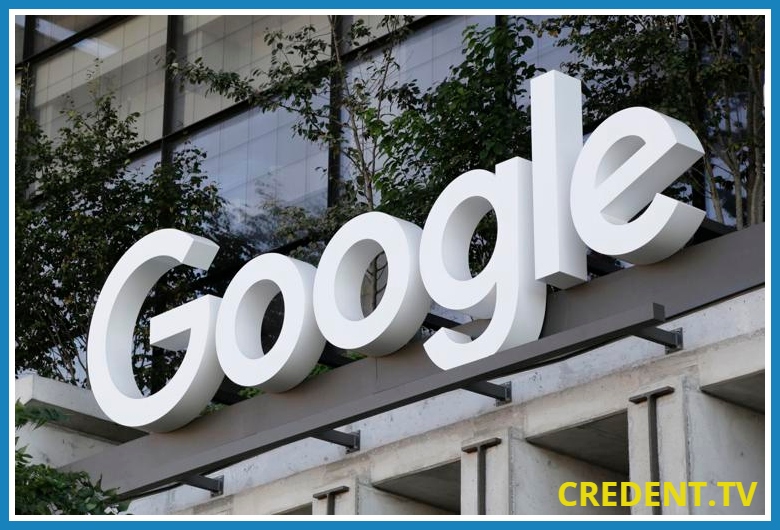Google denies a claim for $10 billion in illegal payments, claiming that quality kept searches at the top
Published
8 months agoon

Google claimed that dissatisfied customers only needed “a few easy clicks” to switch out the Google app on their devices
Google said on Tuesday that the US was mistaken to claim the search and advertising giant abused the law to maintain its significant market dominance, pointing out that its search engine was hugely popular due to its high quality and that disgruntled customers could switch with “a few easy clicks.”
The Justice Department has charged Alphabet’s Google with paying $10 billion (about Rs. 82,900 crore) annually to telecom providers like AT&T, browser manufacturers like Mozilla, and device manufacturers like Apple in order to maintain a market dominance of roughly 90% for its search engine.
The world’s fourth most valuable firm relies heavily on its search engine to power advertising sales and other revenue streams.
Read also:-After winning 13 straight ODIs, Sri Lanka fell by 41 runs against India in the Asia Cup final, where Kuldeep claimed 4 wickets
Kenneth Dintzer, arguing on behalf of the Justice Department, claimed that this case is about the future of the internet and that Google started illegally maintaining its monopoly in 2010.
However, John Schmidtlein, a lawyer for Google, claimed that the payments were meant to reimburse partners for the work involved in making sure that the software receives timely security upgrades and other maintenance.
“Users today have more search options and ways to access information online than ever before,” Schmidtlein continued. He continued by saying that Google had won the best search engine competitions held by Apple and Mozilla.
Customers who are dissatisfied can switch to another search engine with “a few easy clicks” by removing the Google app from their smartphones or by opening Microsoft’s Bing, Yahoo, or DuckDuckGo in a browser, according to Google’s Schmidtlein.
Kenneth Dintzer of the Justice Department claimed earlier on Tuesday that in addition to the payments, Google rigged the auctions for internet ad placements to increase rates for advertisers.
Size Is Important
“Defaults are powerful, scale matters, and Google illegally maintained a monopoly for more than a decade,” Dintzer stated. Without strong competition, he claimed, Google was forced to develop less and give other issues, like privacy, less of a priority.
Dintzer added that the department had discovered proof that Google had taken precautions to safeguard information regarding payments it made to businesses like Apple. They were aware that these arrangements violated antitrust laws, he claimed.
He displayed a conversation in which Google CEO Sundar Pichai requested that the history feature be disabled.
William Cavanaugh focused on claims that Google refused to grant Microsoft access to capabilities on Google Marketing Platform SA360, claiming that it did so for financial reasons on behalf of states led by Colorado.
Hal Varian, an economist at Google, was the first witness for the government and was questioned about internal conversations on the significance of Google becoming the default search engine on home pages in the mid- and early 2000s.
I believe that having the default is advantageous generally, he stated.
The trial’s opening statements were made in front of a jam-packed federal court in Washington. Two phases and a maximum duration of 10 weeks are anticipated for the trial. In the first, Judge Amit Mehta will determine whether Google’s management of search and search advertising violates antitrust law.
Judge Mehta will then choose the best course of action if it is determined that Google broke the law. He may opt to merely direct Google to cease any actions he has determined to be unlawful, or he may decide to require Google to sell off any assets.
In its complaint, the government requested “structural relief as needed” but did not specify what that meant.
The legal battle has significant ramifications for Big Tech, which has been accused of acquiring or suffocating small competitors but has largely escaped charges of violating antitrust law because the services the corporations offer to users are either free, as in the case of Google, or reasonably priced, as in the case of Amazon.
Microsoft and AT&T both had prior significant antitrust trials that were filed in 1974 and 1998, respectively. The 1982 AT&T separation is credited with establishing the present cell phone market, while the conflict with Microsoft is said to have made room for Google and other internet companies.
You may like
-


On the Citizenship Amendment Act (CAA), PM Narendra Modi challenges Congress and the SP
-


Shortly After Slovak PM’s Assassination, As Crowd Held Gunman
-


Vladimir Putin, the leader of Russia, makes a state visit to China as a symbol of the alliances’ solidarity
-


NASA: Bright, tiny, plant-like creatures discovered in the Celtic Sea
-


Earth’s North Pole is moving more quickly
-


Kiara Advani will make her Cannes Film Festival debut in 2024

